The Rise of AI in Business
Artificial Intelligence (AI) has moved from concept to core business tool. Across industries, organisations are using AI to:
- Automate repetitive compliance and operational tasks
- Enhance customer experiences through predictive analytics
- Detect anomalies, fraud, and financial crime in real time
- Support better, data-driven decision-making
But with rapid adoption comes a critical question: Who governs AI?
AI innovation without governance can expose organisations to ethical, regulatory, and reputational risks.
💡 AI in AML and Financial Crime Compliance
One of the fastest-growing use cases for AI is in Anti-Money Laundering (AML) and financial crime compliance.
AI-driven AML platforms now help financial institutions to:
- Perform real-time sanctions and PEP screening using natural language processing
- Detect unusual transaction patterns using machine learning
- Reduce false positives through adaptive risk modelling
- Generate dynamic customer risk ratings based on ongoing data
These systems make compliance smarter and faster — but without proper governance, AI can also make incorrect or biased decisions that regulators cannot easily explain.
Why Organisations Must Govern AI
AI Governance ensures that AI is designed, deployed, and monitored responsibly.
Strong governance frameworks provide:
- Transparency: Clear understanding of how AI systems make decisions
- Accountability: Defined ownership for model oversight and performance
- Fairness: Preventing bias and discrimination in data and algorithms
- Privacy & Security: Protecting sensitive personal and financial data
- Compliance: Alignment with POPIA, GDPR, ISO/IEC 42001, and King V principles
Without these safeguards, organisations risk non-compliance, reputational damage, and customer mistrust.
⚠️ Common Risks of Unregulated AI
| Risk | Description |
|---|---|
| Algorithmic Bias | Models can unintentionally discriminate against certain groups. |
| Data Privacy Breaches | AI trained on sensitive or unconsented data may violate POPIA or GDPR. |
| Opaque Decisions (“Black Box” AI) | Inability to explain how results are generated undermines accountability. |
| Model Drift | AI that learns incorrectly over time can misclassify or miss key risks. |
| Regulatory Non-Compliance | Failure to meet explainability and accountability standards may result in penalties. |
How Navigate Helps You Govern AI
At Navigate, we believe that AI should serve humanity — not replace its judgment.
Our AI Governance Consulting Services are designed to help organisations build, govern, and assure responsible AI systems.
Our team doesn’t just talk AI — we build, manage, and are Certified AI Governance Professionals (AIGP).
🔹 Our Core Services
- AI Governance Framework Design: Tailored to ISO/IEC 42001 and OECD AI Principles
- AI Risk & Ethics Assessments: Identify, monitor, and mitigate emerging risks
- Model Oversight & Explainability Reviews
- Responsible AI Integration for AML Systems
- Training & Certification Pathways: Equip teams with AI literacy and compliance skills
In today’s market, many claim to understand AI — but few have actually built, deployed, or governed AI systems.
AI governance demands technical knowledge, ethical awareness, and certification.
When choosing an AI consultant or trainer, always ask:
“Have you built or managed an AI solution — and are you certified to govern it?”
With Navigate, the answer is yes.
Let’s Build Responsible AI Together
AI should make your organisation smarter, safer, and more ethical — not riskier.
Partner with Navigate to design AI systems that are compliant, explainable, and aligned with global governance standards.
📞 Contact Navigate for AI Governance Consulting
Email: info@navcompliance.co.za
Website: https://www.navigatecompliance.io
Our Promise:
We don’t just build AI — we build trustworthy AI.
